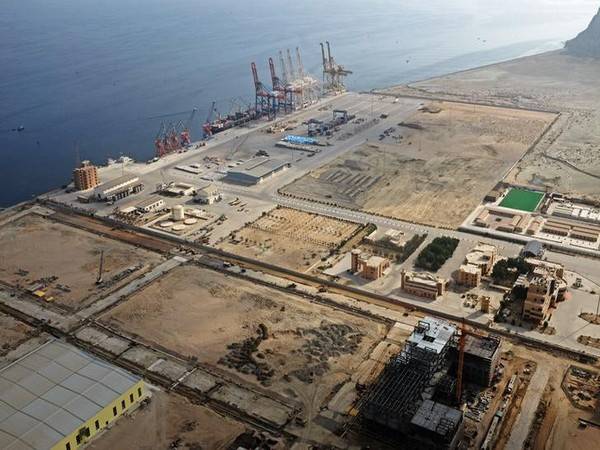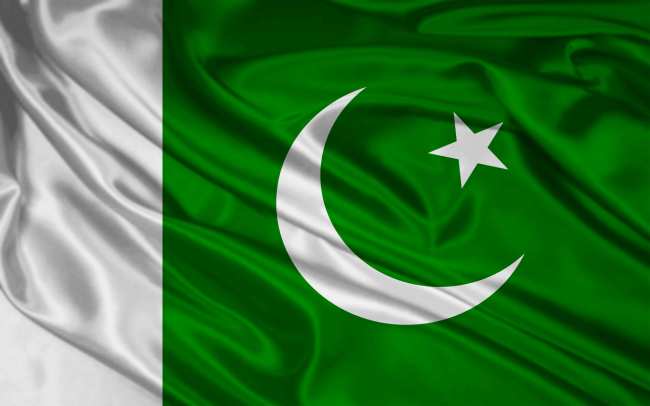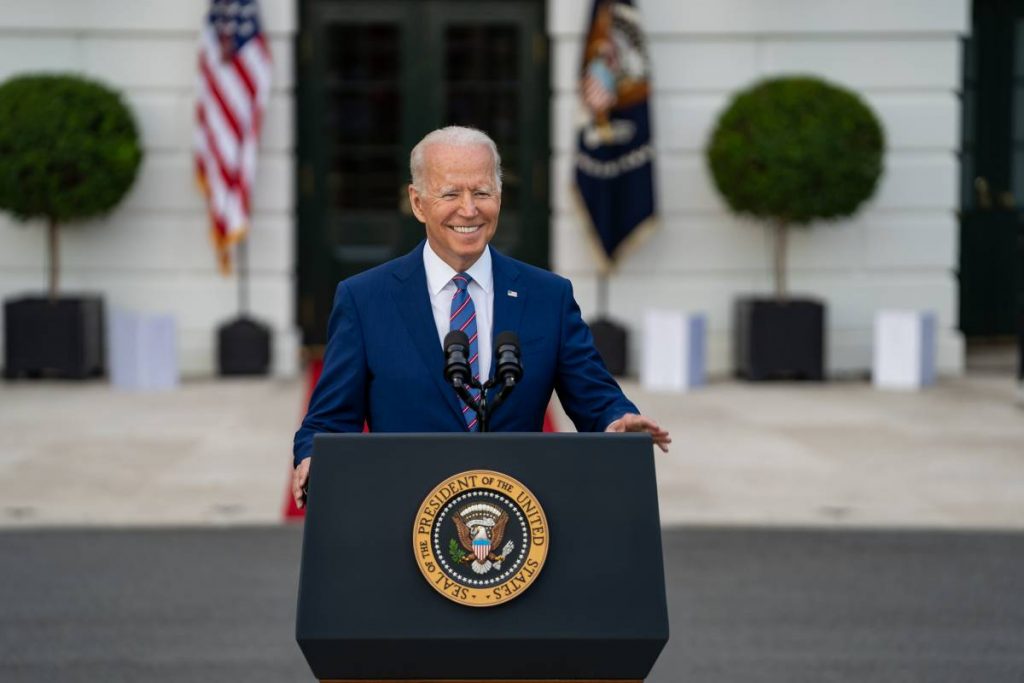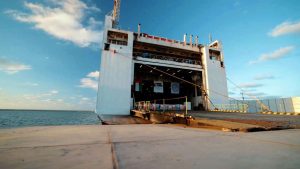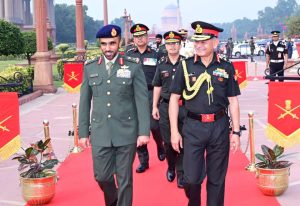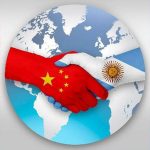In a way, China-driven by its greed for power and resources has taken a calculated risk to establish its own ‘sphere of influence’ in the Gilgit Baltistan region. Sadly, however, this is being done at the cost of the environment, impacting local livelihoods and changing demographic structures while Pakistan, the country it calls its iron brother, acting as a vassal state, surrenders its much fought sovereign character to a culturally alien neighbour…reports Asian Lite News
China’s Belt and Road Initiative, aimed at renewing the country’s historic trade routes in the coastal countries of south-east Asia, Eurasian mainland and big sweeps of the Indian Ocean if it is finished as intended could have lasting consequences for China’s geopolitical and economic interests in the region, according to an analysis.
Experts and officials expect that the vast transport infrastructure of the China-Pakistan Economic Corridor (CPEC) and especially its Gwadar port will play a crucial role in the country’s pursuit of its goal particularly at a time when it has started enhancing trade ties with landlocked Afghanistan and the Central Asian countries, opines Fabien Baussart, President of CPFA (Center of Political and Foreign Affairs), writing in the Times of Israel.
CPEC says Baussart since it was launched in the year 2015 is the ‘prize plan’ of the BRI, which links China’s northeastern province of Xinjiang (Kashgar) with the Gwadar Port region of Balochistan in southwestern Pakistan.
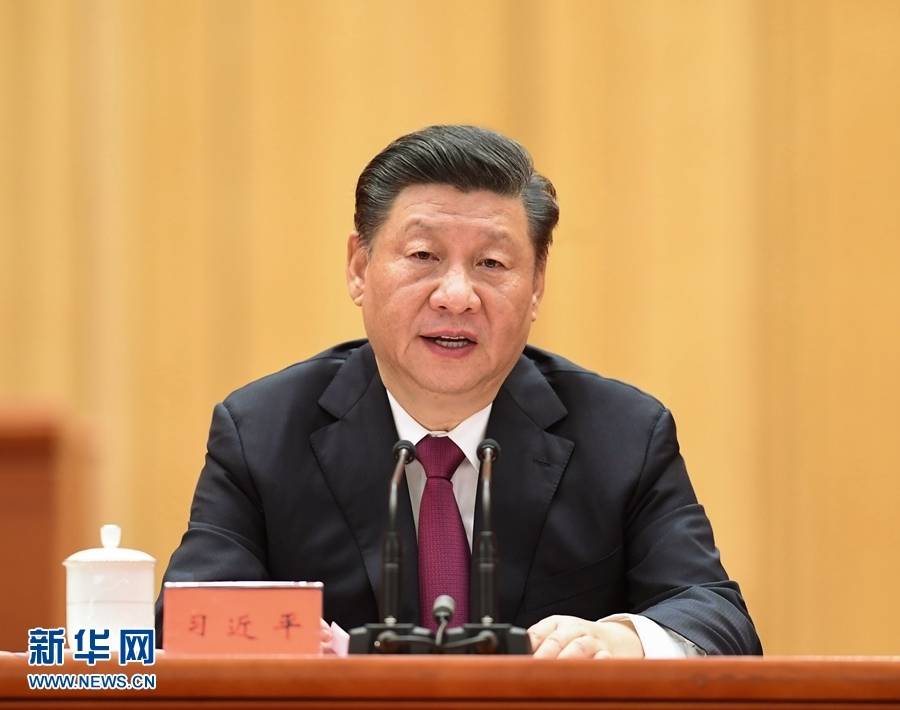
ALSO READ: China forced to change strategy amid CPEC delay
The BRI corridors are projected to link China with more than 150 countries through a web of roads, railways and sea routes. In total, the estimated amount of the BRI projects could be up to USD 1.3 trillion.
The analyst points out that several existential issues pose a serious challenge to the way CPEC is unravelled and executed in the region. These include factors such as internal strife and sectarian conflicts within Pakistan, particularly in the insurgency-prone areas in Balochistan, where CPEC has made significant amount of investments.
Also, China faces restraints within its own borders. The Xinjiang Province plays a strategic role geographically for the CPEC has already been suffering from ethnic turbulence due to clashes between the indigenous Muslim Uyghur population the mainstream Han Chinese. The consequent harsh measures being taken by the Chinese authorities against the Uyghur population has globally become a matter of concern.
The Times of Israel article notes that the CPEC is central to the hegemonic quests of China in the Indian subcontinent. The CPEC when complete will not only give China access to the Arabian Sea and develop an alternative route for its critical energy imports and other resources but also provide another gateway to mineral-rich and politically vulnerable Afghanistan.
A major challenge for Pakistan in the context of CPEC is to negotiate better terms with the Chinese companies so as to derive reasonable profits from the investments made in the country’s infrastructure.
Baussart writes that the Pakistani leadership seems apprehensive on the nature and scope of implementation of the CPEC program so that structural imbalances are removed and the economy attains sustainable growth. This, says the analyst, is an important cause of concern since the CPEC is heavily tilted in China’s favour and driven by its own vested interests.
In a way, China-driven by its greed for power and resources has taken a calculated risk to establish its own ‘sphere of influence’ in the Gilgit Baltistan region. Sadly, however, this is being done at the cost of the environment, impacting local livelihoods and changing demographic structures while Pakistan, the country it calls its iron brother, acting as a vassal state, surrenders its much fought sovereign character to a culturally alien neighbour. (ANI)
ALSO READ: Pakistan looks for alternate pipeline instead of PSGP
ALSO READ: Pakistan Again Betrays Afghans and the World

